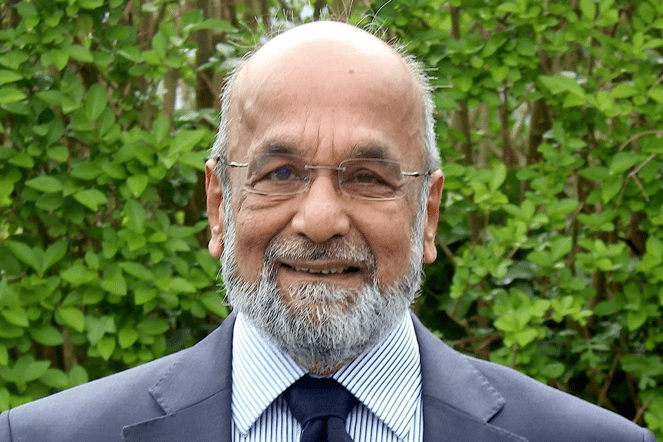In all honesty, without sounding cynical, paying off the Woking Borough Council debt in the near or distant future will be impossible without some government intervention.
Equally, the furious, hasty attempt to cut spending, imposing austerity on Woking residents and charities like Citizens Advice, will not help close the actual £19 million budget deficit.
It is also doubtful that a fire sale of profit- and non-profit-making white elephant assets will help.
Other than selling them at a loss, it is debatable whether overseas or domestic investors will be willing to pay the asking price!
Similarly, focusing on the proposed hasty short-term action plan to reduce only £12m, not the actual £19m deficit for the “business as usual” budget gap for 2024-2025, will also not work, except it will punish residents for other people’s negligence.
However, the expectation is it will appease commissioners that the council has learnt to live within its means and may recommend to the government that it looks kindly and not come down hard on Woking.
The irony is no-one intervened earlier to prevent the council from amassing the massive debt in the first place, so why would the government worry about residents’ future now?
Let’s be truthful. We know council-tax increases or punitive cuts alone cannot fill the budget gap without a long-term sustainable funding solution.
These are not problems Woking can fix alone, and the government will have to intervene at some stage, if not now, sometime in the future if the whole local government sector is to avoid a financial meltdown.
Likewise, expecting the council to pay the £1.2bn debt unaided is no different from the likelihood of the government ever repaying the £2.5 trillion national debt!
Even if the government decides to pay £1m daily, it will take 6,849 years, provided no more borrowing or interest-rate hikes. Anything extra to expedite repayment will still run into thousands of years and is more likely to remain as paper debt.
So what chance has Woking got of ever repaying its debt from an income of £11m from council tax?
Crucially, we must remember that people’s lives and jobs are at stake.
For a start, we should slow the pace of cuts by convincing government-appointed commissioners it is disrespectful to treat residents with retaliatory measures as it is not their fault.
So far, the council has identified £8.5m of punitive cuts to close the £12m deficit, leaving £3.5m more to find.
If achieving the £8.5m target will severely affect all aspects of everyday life, what would further £3.5m of cuts do other than cause more harm?
Also we need to be mindful of the knock-on effects it will have on people’s mental and physical wellbeing.
These hidden long-term consequences will cost the NHS and welfare services more while facing severe budget cuts.
It will affect the most vulnerable residents and others already suffering from the cost-of-living crisis.
Therefore, instead of a gung-ho approach, wouldn’t it be more meaningful to spread savings over a few years and stop at £8.5m, or even look at a more realistic target of, say, £7m and not £12m to give a further leeway of £1.5m to save vital services and not lose them for forever?
After all, the £1.2bn did not appear overnight but was allowed to worsen because our local politicians and the government were too slow to act.
So it is only fair to give Woking more breathing space to consider pragmatic ways to promote the town centre to attract shoppers and new businesses rather than just relying on slashing services, leisure amenities and community centres, turning Woking into a ghost town.





Comments
This article has no comments yet. Be the first to leave a comment.